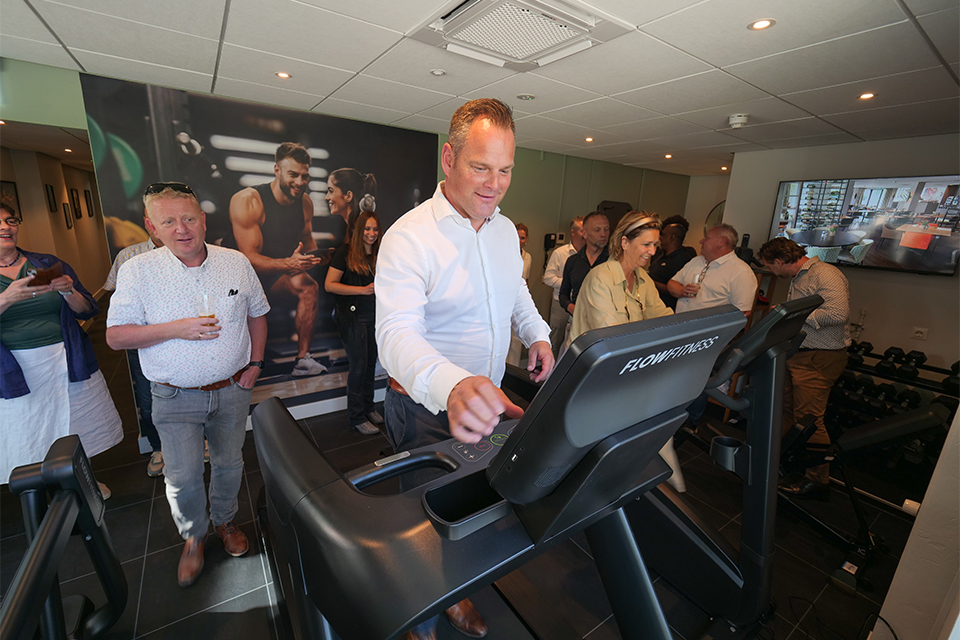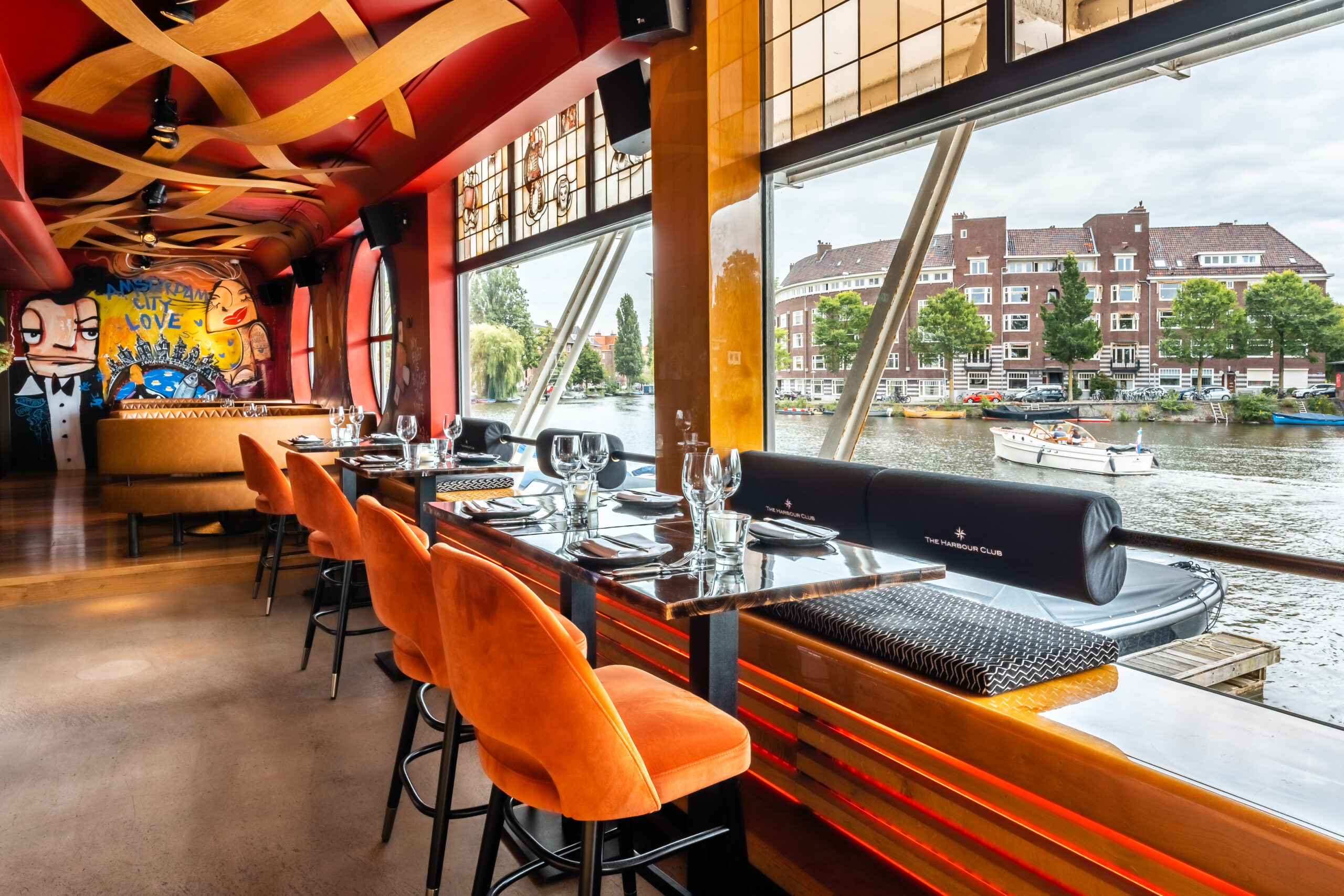
'Mandatory travel authorisation for UK will not reduce tourism'
From 2 April 2025, EU residents, including Dutch nationals, will have to apply for an Electronic Travel Authorisation (ETA) to travel to the United Kingdom (UK). This measure, similar to the ESTA for the United States (US), costs £10 (about €12) per person and must be arranged online.
When booking a holiday, price is an important factor, but at the end of the day, people mainly choose the destination. The UK, and London in particular, remains popular among Dutch travellers. The extra cost for an ETA is limited, so I do not expect a drastic drop in the number of tourists to the UK.
The figures seem to support this. According to Statista, some 800,000 Dutch people travelled to the UK in 2019. By 2023, this had risen to 1.1 million, despite earlier uncertainty due to the Brexit. The total number of travellers to the UK is clearly recovering, although it is not yet fully at pre-Corona and pre-Brexit levels.
Wider pattern in border controls
The introduction of ETA is part of a wider trend of increasing border controls in Europe and beyond. Countries such as the US and Canada have had similar systems in place for some time, and within Europe we are also seeing measures such as tighter border controls and the sharing of booking data with authorities. This ties in with a growing focus on security, but also raises questions about the balance between convenience and control.
Ocall for dialogue on travel restrictions
Travel industry body ANVR previously warned about the impact of such measures. They doubt whether these schemes contribute effectively to combating terrorism and point to potential inconvenience for travellers. Yet change in this trend seems unlikely for the time being, given the current political climate in Europe, where calls for tighter border controls are increasing.
Advice to travellers
The most important thing for travellers to the UK is good preparation. Travellers should be aware of the requirement to apply for an ETA. It takes some getting used to, but similar to the switch to travelling with a passport after the Brexit. That did not prove to be a major barrier for Dutch travellers either.



